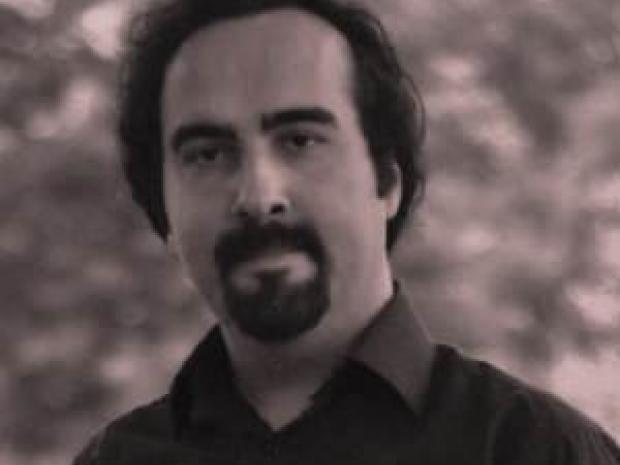Interaction of Inherently Present and Intentionally Designed Nonlinearities in Piezoelectric Energy Harvesting

Mechanical and Aerospace Engineering
Department Seminar Series
Interaction of Inherently Present and Intentionally Designed Nonlinearities in Piezoelectric Energy Harvesting
Alper Erturk, Ph.D.
Assistant Professor
G. W. Woodruff School of Mechanical Engineering
Georgia Institute of Technology
alper.erturk@me.gatech.edu
Inherent nonlinearities of piezoelectric materials are pronounced in various engineering applications such as sensing, actuation, combined applications for vibration damping and control, and most recently, energy harvesting from dynamical systems. The existing literature has explored such nonlinearities in a disconnected way for the separate problems of mechanical and electrical excitations such that nonlinear resonance trends have been attributed to different additional terms in constitutive equations by different researchers. The first part of this talk is focused on the development of a unified nonlinear nonconservative electroelastic model for low to moderately high mechanical and electrical excitation levels, with electric fields well below the coercive field. After model validation and parameter identification studies for widely used soft piezoelectrics, the second part of this talk is centered on an M-shaped asymmetric oscillator for broadband energy harvesting from low base accelerations as an intentionally designed nonlinear system. The combination of piezoelectrics with the nonlinear oscillator is discussed with an emphasis on the counteraction of inherently present quadratic softening and intentionally designed geometric hardening nonlinearities. Conclusions are drawn for practical applications.
Biosketch
Dr. Alper Erturk is an Assistant Professor of Mechanical Engineering at Georgia Institute of Technology. His current theoretical and experimental research interests are centered on the intersection of electroelastic structures and dynamical systems. He has published 2 books and more than 100 articles in journals and conference proceedings. Dr. Erturk is an Elected Member of the ASME Adaptive Structures and Material Systems Branch and the ASME Technical Committee on Vibration and Sound, an Associate Editor for Smart Materials and Structures and for the Journal of Intelligent Material Systems and Structures. He was also the Founding Chair of the ASME Energy Harvesting Technical Committee. Dr. Erturk received his Ph.D. in Engineering Mechanics from Virginia Tech in 2009; M.S. and B.S. in Mechanical Engineering from METU (Ankara, Turkey), in 2006 and 2004, respectively. He has received various awards including a 2013 NSF CAREER Award in Dynamical Systems.


